Opium poppy poster image courtesy: Economic Botany Collection; Royal Botanic Gardens, Kew. 71993.
This exhibition was curated by Iris Yau 丘靜雯 FRSA FHEA (University of the Arts London) with the support from Dr Debbie Challis, Apapat Jai-in Glynn.
Thanks to all the Portico Library’s staff and volunteers.
About Iris Yau:
Iris Ching Man Yau 丘靜雯 , an Educator and Curator, a Fellow of the Royal Society of the Arts, Manufactures and Commerce (RSA); a Fellow of the Higher Education Academy UK (Advanced UK), a Trustee of the Society for Anglo-Chinese Understanding (SACU).
Yau was in London as an overseas student studying for her Fashion Degree when Britain returned Hong Kong to China in 1997. Prior to teaching in higher education, Iris was in Global Fashion Buying and Sourcing for various international fashion houses including YSL and Burberry.
Iris Yau holds a master's degree in Academic Practice in Art, Design and Communication. She has written and curated exhibitions including an autoethnography inspired Iris’s Silk Route at University of the Arts London; and Opium, Silk and the Missionaries in China at the Brunei Gallery, SOAS University of London.
Follow Iris Yau on Instagram and X: @iyi_iris
Infamous exhibition partners
Bolton Library and Museum Services.
Silk Museum, Macclesfield.
Supported by The Granada Foundation.
Thursday 1 February to Saturday 8 June 2024
Preview, everyone welcome: 1st February 5 pm - 7pm
Free entry
Infamous: Opium, Silk, Tea & the Mission
The catalogue of the exhibition written by Iris Yau 丘靜雯 is now freely available to download in English and Simplified Chinese by Dr YiChao Shi 施懿超博士. To download it click here.
From descriptions of botany, the stealing of plant samples and trade secrets in silk manufacture to descriptions of China and people in East Asia, Infamous explores a key and difficult period in the relationship between the two nations. This exhibition considers the influence of the industrial revolution and the trading power of Manchester in the often violent struggle to access the markets in China. Infamous considers why tea, opium and silk were so lucrative and important to the expansion of the British Empire and the factories in Manchester, Cheshire and Lancashire. We will also display a curated selection of lantern slides of missionary activity in China that we know little about. This gives a visual window into the role of missionaries, many of whom worked against the opium trade.
We are working in partnership with the Silk Museum, Macclesfield, to highlight the importance of silk to the identity of the town and displaying samples from their collection. In addition, Bolton Library and Museum Services are lending us an opium pipe and related paraphernalia from their collection for display. We will visually reference the large collection related to opium at the Manchester Museum, University of Manchester, in their botany collection. This exhibition will draw attention to the infamous trade of opium and the importance of it to our taste for, and production of, tea and silk as well as collection of porcelain and other products.
Opium has an important relationship to the growing city of Manchester in the nineteenth century. As everywhere, its medicinal use was being developed and one of the Portico’s founders Dr Michael Ward took a special interest in the effects of opium. Thomas de Quincey famously described his first encounter with opium as a teenager in Manchester and John Barton becomes addicted to opium in Mrs Gaskell’s famous Manchester tale Mary Barton. In 1839, thirty-nine Manchester industrialists petitioned Parliament for action on the blockade by the Chinese government of the trade leading to the first ‘Opium War’.
Trading the Poppy Schools’ Resource
A Key Stage 3 schools’ resource has been produced from the work and activities as part of this exhibition to explore the role of the global impact of and Empire in the industrial revolution and Manchester’s role on the international stage. This work is part funded by the Granada Foundation.
The resource is freely available here with Teachers’ Notes, A Powerpoint Presentation (with video embedded) and Student Worksheet with a Timeline.
Curriculum links:
KS3 History – Industry, Empire and Social Change 1745-1901: The Industrial Revolution; How Trading Works (East India Company, Cities in England and the Qing Dynasty in China); the expansion of industrial cities; how did Britain get an Empire?
GCSE History – It can be used to support The Story of China
KS3 Geography – Human Environment: Urban Change; A background to China and How is China Changing? –Trade History
PSHE – Drug Addiction: Causes and Consequences
Citizenship – British Identity, Diaspora and Migration
In addition, it supports Literacy – Reading Historical Creative Fiction pre-1914 as well as PSHE - the development of empathy.
Images and archive material used belong to the Portico Library, unless otherwise stated. This is shared as a free resource by Iris Yau and the Portico Library under the terms of the Creative Commons Attribution-NonCommercial-ShareAlike 4.0 International (CC BY-NC-SA 4.0) License, which permits use, distribution, and reproduction in any non-commercial medium, provided the original work is properly cited.
Associated Events
How we drink tea, wear and make silk, and the use of opium in China and Britain (and its legacy) will be explored in activities alongside the exhibition. Events include:
A Lion Dance for Lunar New Year during February half term, a potential Calligraphy class with Manchester Chinese Centre
An event on ‘International Women’ with curator Iris Yau and Circle Steele, CEO of the Wai Yin Society on 8 March International Women’s Day, hosted by Carol-Ann Whitehead, Portico Library Trustee and Managing Director of the Zebra Partnership.
A screening of Alex Crumbie’s animated film “Confessions of an English Ant-Eater” on 28 March, from his award-winning short story based on Thomas De Quincey’s Confessions of an English Opium-Eater.
And many more. All events can be found at www.theportico.org.uk/whats-on and across our social media platforms:
Instagram: @porticolibrary
Twitter: @theportico
Facebook: facebook.com/ThePorticoLibrary




